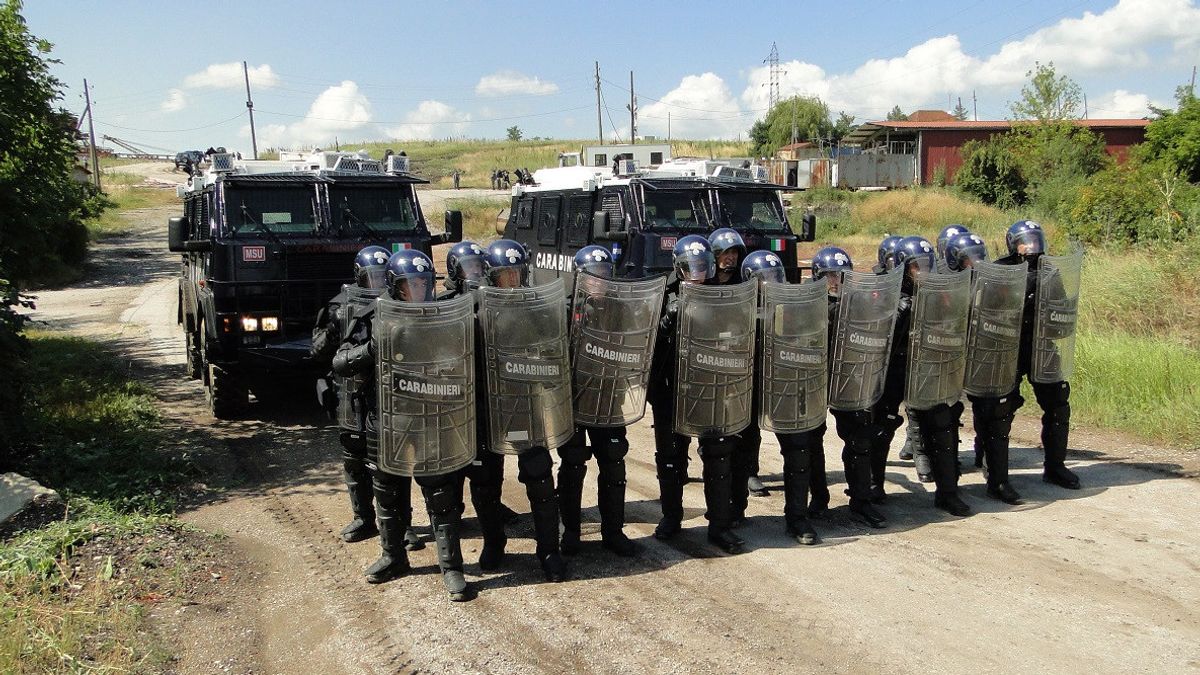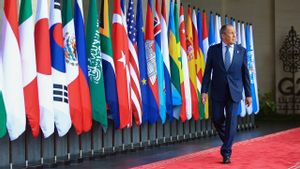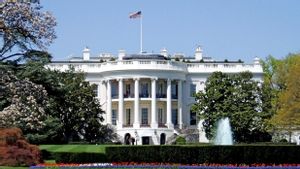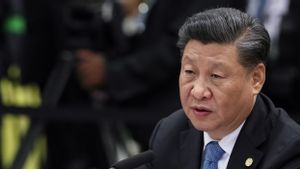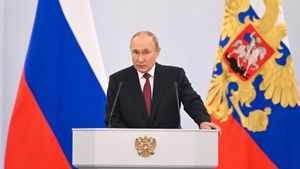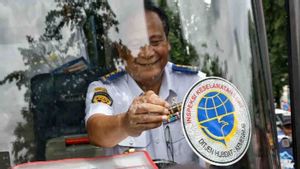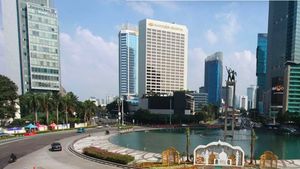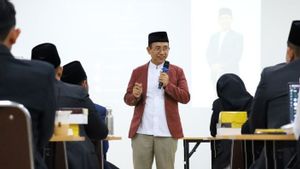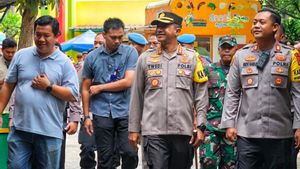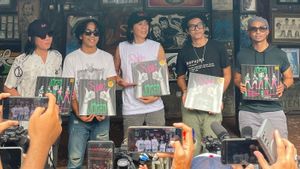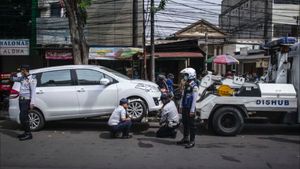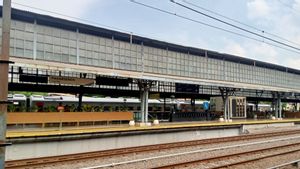JAKARTA - The North Atlantic Treaty Organization (NATO) will send 700 additional troops to Kosovo, as well as put other battalions on high alert for duty, as riots in the region escalated since the ethnic Albaniaan mayor took office in the country's northern Serbian majority region, following last month's vote.
In Zvecan City, dozens of NATO troops in riot gear from the United States, Poland, and Italy secured a building, as Serbians protested against Albania's mayor on Tuesday.
Serbian protesters dispersed at around 16:00 p.m. and will return on Wednesday morning, Serbian news agency Tanjug reported, citing Serbian officials in Zvecan.
Earlier, about 30 NATO peacekeepers who defended three city halls in northern Kosovo were injured in clashes with Serbian protesters on Monday. Meanwhile, fifty-two protesters were injured.
NATO Secretary General Jens Stoltenberg said it had made the decision to send more troops, although there are currently around 4,000 peacekeepers (KFOR) in Kosovo.
"We have decided to deploy 700 more troops from operational reserve forces for the western Balkans, as well as to place additional battalions of reserve troops in high preparedness, so that they can also be deployed if needed," he told reporters in Oslo.
The United States and its allies rebuked Kosovo for escalating tensions with Serbia, saying the use of force to inaugurate mayors in ethnic Serbs undermine efforts to improve troubled relations with neighboring Serbia.
Serbian President Aleksandar Vucic has placed troops on full combat alert, ordering units to move closer to the border.
Serbia refused to take part in local elections in April, with ethnic Albaniaan candidates winning mayorial elections in Serbia's four-majority cities with 3.5 percent voters.
The majority of Serbs in North Kosovo have never received a 2008 Kosovo declaration of independence from Serbia, considering Belgrade as their capital for more than two decades after the Albaniaan Kosovo uprising against Serbian repressive rule.
Albania's ethnic numbers reached more than 90 percent of the population in Kosovo, but northern Serbia has long demanded implementing a 2013 deal brokered by the European Union, for the establishment of an autonomous municipality association in their territory.
In Washington, advocates and supporters of Kosovo's most outspoken independence, decided to cancel Kosovo's participation in military exercises, after Pristina refused to withdraw its mayor and police forces from the north.
SEE ALSO:
"We are thinking of other implications as well," US Ambassador to Kosovo Jeffrey Hoveier told reporters.
Meanwhile, EU foreign policy chief Josep Borrell urged Kosovo and Serbia leaders to find ways to defuse tensions.
"We already had too much violence in Europe today, we can't bear any other conflict," Borrell said in Brussels, Belgium.
The English, Chinese, Japanese, Arabic, and French versions are automatically generated by the AI. So there may still be inaccuracies in translating, please always see Indonesian as our main language. (system supported by DigitalSiber.id)
